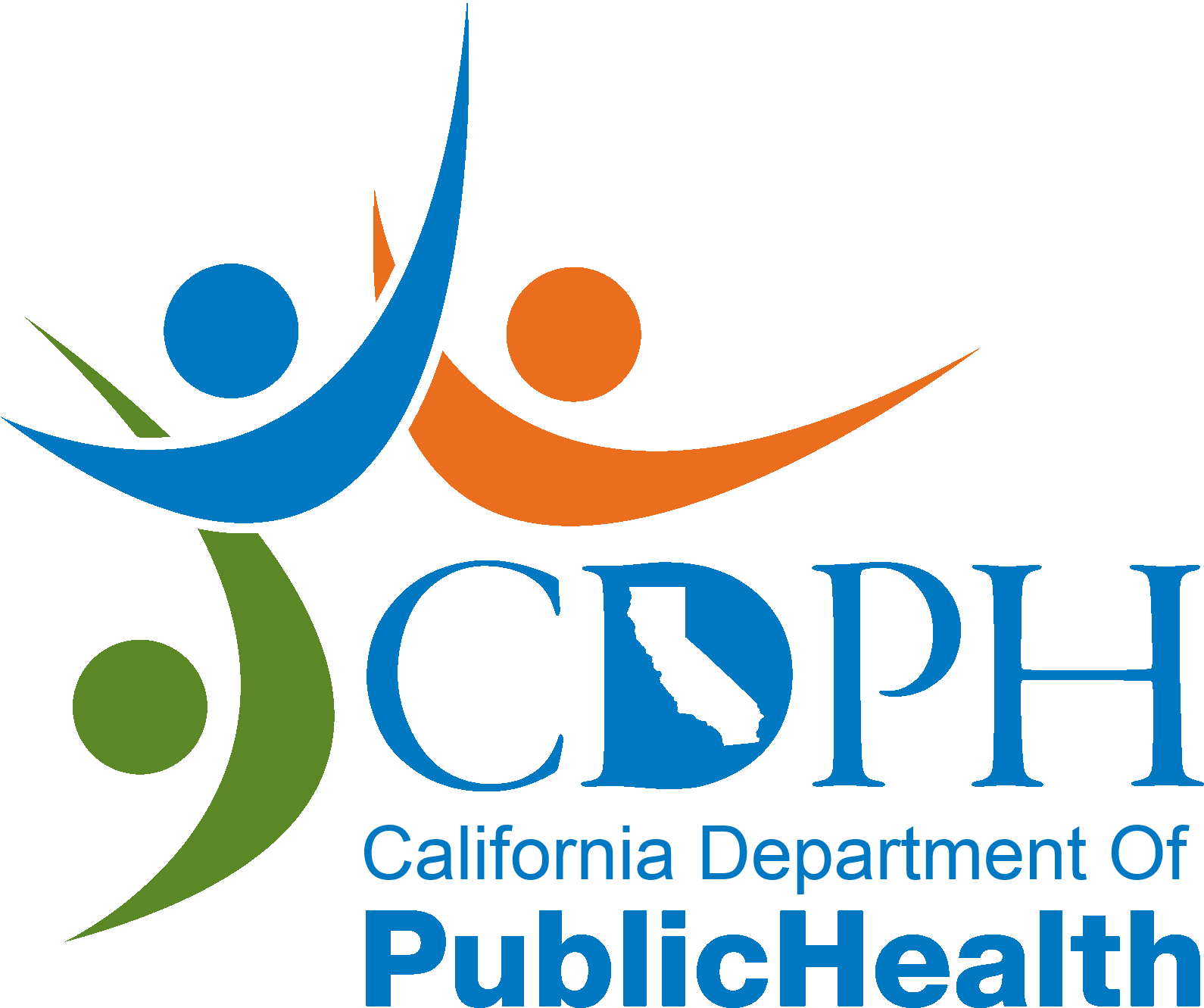When the topic of abuse comes up, many people often assume physical violence is happening, but that’s not always the case. Dating abuse is a pattern of behaviors used to gain or maintain power and control over a partner and physical violence is just one example of that behavior.
Understanding common types of abuse will better prepare you to identify them when you see them, whether it be in a relationship that you are in or one that you are observing. Here are some of the common types of abuse that can take place in a dating relationship: physical abuse, emotional and verbal abuse, sexual abuse, financial abuse, digital abuse, and stalking. We will spend the next 6 weeks covering each type of abuse that is listed above. Today, we will cover the topic of physical abuse.
Physical abuse is any intentional, unwanted contact with you or something close to your body or any behavior that causes or has the intention of causing you injury, disability, or death. Physically abusive behavior may not always cause physical pain or leave a bruise, but it’s still unhealthy and should always be taken seriously.
Examples of physical abuse include:
- Scratching, punching, biting, strangling, choking, or kicking.
- Throwing items at you like a phone, book, shoe, or plate.
- Pulling your hair.
- Pushing or pulling you, or forcibly grabbing your clothing.
- Threatening to use or using a gun, knife, box cutter, bat, mace, or another weapon against you.
- Touching any part of you without your permission or consent.
- Forcing you to have sex or perform a sexual act.
- Grabbing your face to make you look at them.
- Preventing you from leaving or forcing you to go somewhere.
If you’ve experienced physical abuse, know that you’re not alone. More than one in ten high school students have already experienced physical aggression from a dating partner, and many were unequipped to respond after it happened. If you’re in a similar situation, the most important thing to remember is that your partner’s abusive behavior is wrong and you are deserving of a healthy, loving, and respectful relationship.
Commit yourself to not making excuses for your partner’s abusive behavior and create a safety plan to fit your situation. Talk to a trusted friend, family member, or mentor, and obtain a restraining order if it is fitting in your situation. Remember that unhealthy or abusive relationships usually get worse. It’s important to assess your abusive partner’s level and use of force to determine the urgency of your situation and what kind of support you need to get safer. This relationship quiz is a great tool to assess the health of your current relationship. A healthy relationship involves open communication, respect, trust, honesty, equality, support, and enjoyment of time that is spent apart. Remember that you deserve to be in a healthy relationship where you are safe and respected and that abuse is never your fault.
If you find yourself in an unhealthy or abusive relationship, there is help out there for you. Please reach out to STAND! or call their crisis line at (888) 215-5555. If you need help defining your relationship, please reach out to loveisrespect.org by calling their National Teen Dating Abuse Helpline at (866)331-9474 or text “LOVEIS” to 22522.
Options Health is a safe place where you can confidentially come and discuss sexual health, pregnancy, and relationship issues with one of our patient advocates. Feel free to contact us today to take advantage of our free services, including pregnancy testing, ultrasound, pregnancy options consultation, STD testing, and abortion aftercare. Call us or text us to schedule an appointment. We are here for you and ready to listen!
Source: https://www.loveisrespect.org



